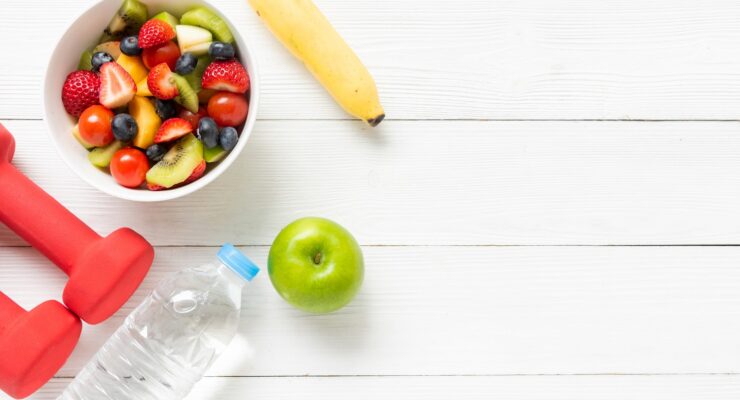
In its recent report, the Dietary Guidelines Advisory Committee cited sugar consumption as one of America’s gravest health concerns. Further, it recommended that sugar make up no more than 10 percent of daily calorie intake. Other health groups concur: The American Heart Association recommends that no more than half of daily discretionary calories comes from added sugars—that’s about six teaspoons or 100 calories for women, nine teaspoons or 150 calories for men. But Americans eat way more of the sweet stuff than that: The United States Centers for Disease Control (CDC) reports that the average American eats between 13 and 20 teaspoons of added sugar a day (230 calories for women, 335 for men). That’s way too much. Here are four simple ways to avoid extra sugars this holiday season:
Shop on the Perimeter of the Grocery Store. The aisles on the edges of your grocery store are the ones with the least-processed food. That’s where you’ll find vegetables, fruit, dairy, meat and seafood, most of which is free of added sugar.
Read Food Labels. Ingredient listings on packaged food list the ingredients in order of volume. The higher up you see sugar listed, the more sugar that’s included in that food. Look for food that contains little to no sugar. You’ll have to look hard: sugar is ubiquitous in our food supply.
Learn Sugar’s Other Names. Pretty much anything ending in “-ose” is a sugar. And whether it’s fructose, glucose or sucrose, it will end up as a sugar in your body. Avoid them.
Buy Unsweetened Foods. Look for food labels that say the food is unsweetened. Not “naturally sweetened.” Unsweetened. That means there won’t be anything lurking in there that could throw you off.






